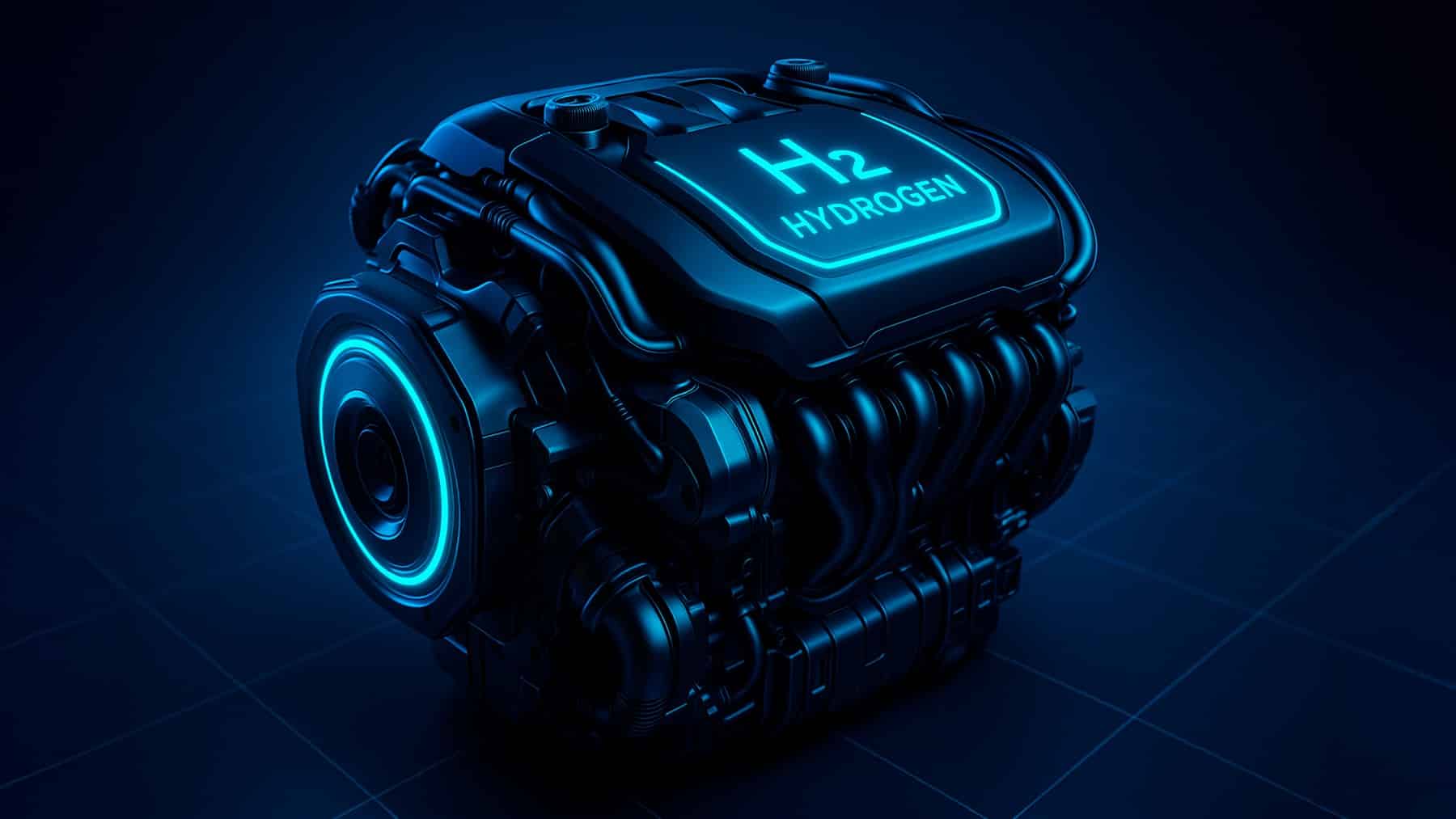Germany’s hints of a breakthrough engine will surely raise questions regarding whether battery-electric vehicles (EVs) will continue to take the lead or whether hydrogen combustion engines could prove to be a more lucrative long-term solution. While Germany’s possible engine invention is gaining interest, it is also making U.S. automakers and policymakers watch their automotive breakthrough rather closely. In terms of a possible future combustion engine pushing hydrogen forward, alongside the launch of Germany’s PoWer consortium, hydrogen is not only a contender in the clean energy game, but a dominating chemical in terms of internal combustion engines.
Exploring the possible breakthrough engine from Germany
Germany has been pushing forward the agenda in terms of a future hydrogen-powered internal combustion engine (H2-ICE) while doing the research to ensure technological efficiency is taken care of. This particular breakthrough engine will be one that is capable of achieving thermal efficiency more than that of traditional gasoline engines.
H2-ICE technology makes use of hydrogen in combustion, which will allow this future engine to make the most of existing infrastructure. In terms of decarbonizing off-road sectors, the new engine will offer this potential as well, since electrification tends to experience hurdles in terms of decarbonizing off-road sectors, mainly due to battery limitations.
Hydrogen engines surely are gaining more attention, particularly at a time when the U.S. and other countries are attempting to reduce reliance on the EV supply chain market that is fully dominated by China. Hydrogen combustion engines surely do have the potential to overcome all hurdles faced in terms of the race toward a cleaner mobility future.
How is Germany pushing forward the hydrogen agenda?
Germany seems to be steadfast on the hydrogen pathway. Late in 2024, a German consortium called PoWer (Platform for Hydrogen Engines for Work and Energy) was launched to ensure hydrogen-powered engines for construction. The German consortium, under the leadership of Mahle, has Liebherr, Deutz, Claas, KIT, and the German Aerospace Center (DLR) under its belt.
PoWer has received €5.1 million in funding from the Federal Ministry for Economic Affairs and Climate Action. The whole aim of PoWer is to ensure hydrogen engines are considered for “off-highway” use. Furthermore, the idea is to reduce emissions in the process.
Germany’s research in the mobility sector is deemed as important as cross-sector collaboration, according to Dr. Marco Warth from Mahle. Hydrogen is surely a key player for decarbonization visions.
Why is Germany encouraging the hydrogen agenda?
Since Germany seems to be encouraging hydrogen combustion, the U.S. should be looking to change its interest from merely that of hydrogen fuel cells to hydrogen combustion engines. Germany is clear that hydrogen combustion engines will surely lead the future.
Since H2-ICE engines are rather flexible, these engines could fit in ever so easily in sectors such as mining, aviation, and even marine transportation. Focusing on H2-ICE engines could mean less strategic dependence on China, which currently has a stronghold over EV batteries and rare earth minerals.
If the U.S. does not look carefully enough into hydrogen research and the potential offered by hydrogen combustion engines, it could end up trailing far behind in terms of clean energy innovation. Germany is making sure that Europe is certainly showing interest in a future where hydrogen combustion engines can be found throughout the transportation sector.
In fact, another hydrogen-engine world leader has shown that combustion engines are not the problem, but the fuel choice for these combustion engines is the problem.
The shift in the hydrogen-EVs landscape
Yes, the clean transportation landscape is changing, and the engines we know today could soon be changing to hydrogen combustion engines. While Toyota may be saying goodbye to the hydrogen combustion engine in favor of a 22nd century fuel, Germany’s breakthrough in hydrogen combustion engine technology proves hydrogen combustion engines are here to stay.
Disclaimer: Our coverage of events affecting companies is purely informative and descriptive. Under no circumstances does it seek to promote an opinion or create a trend, nor can it be taken as investment advice or a recommendation of any kind.














